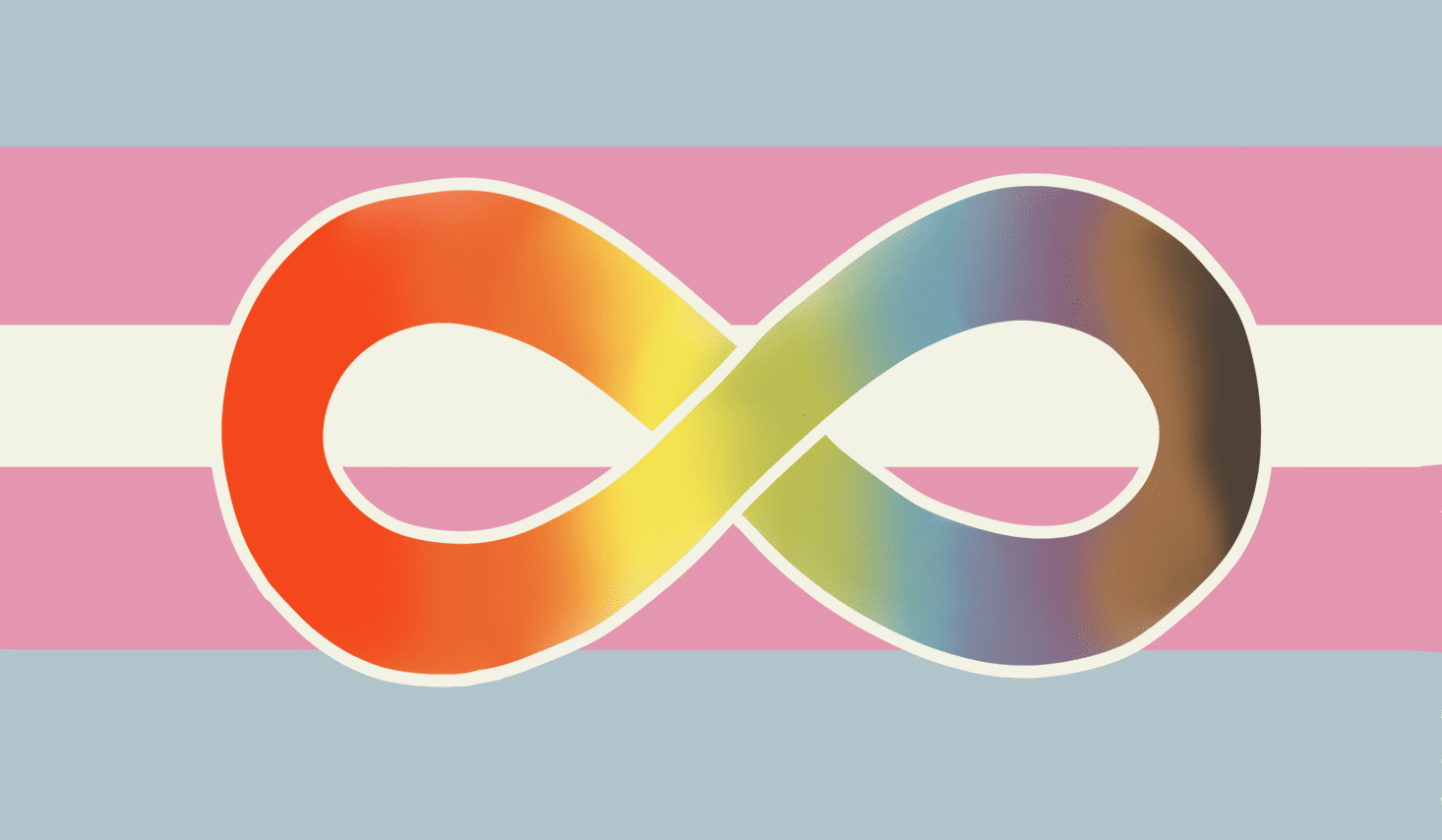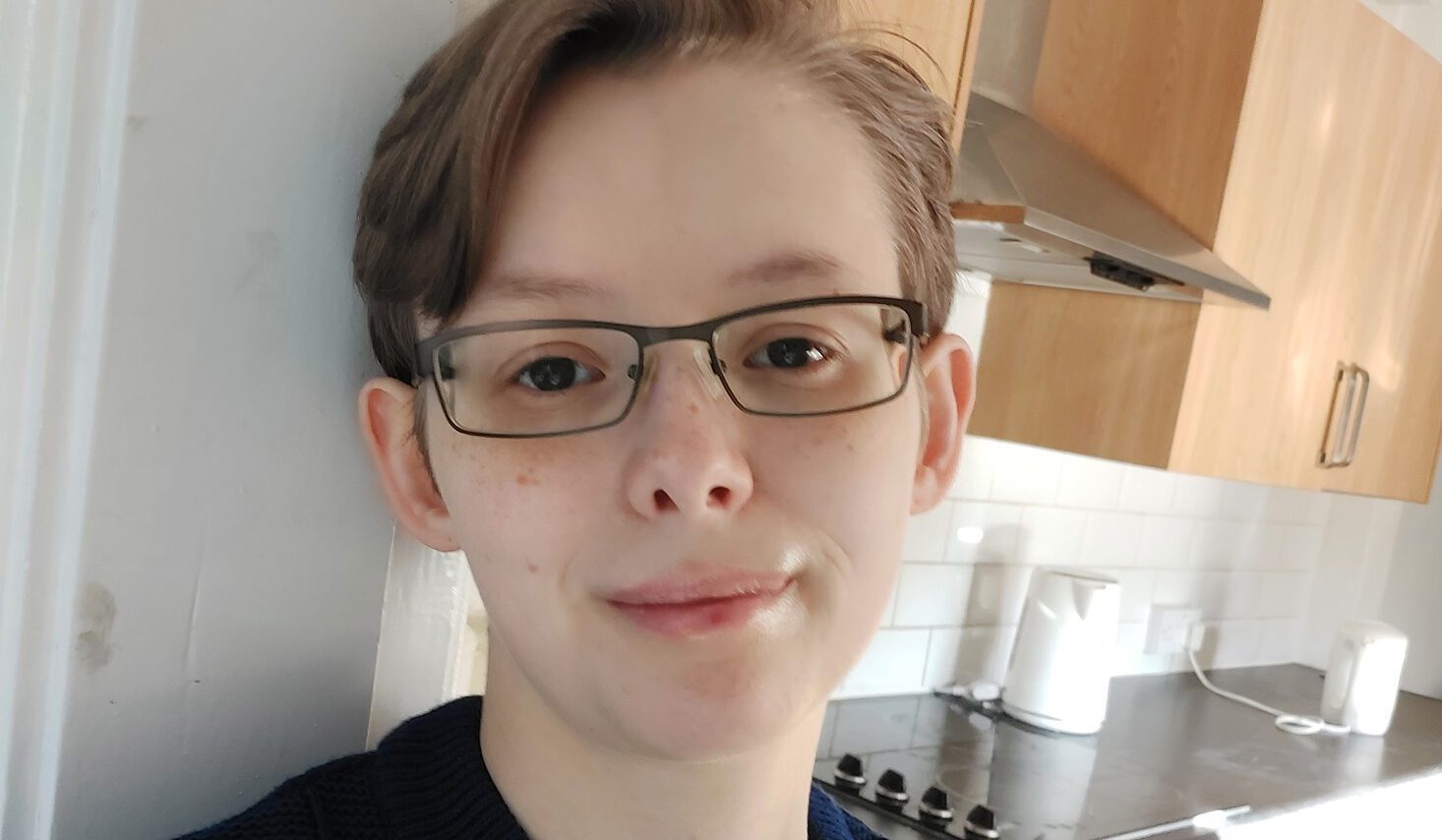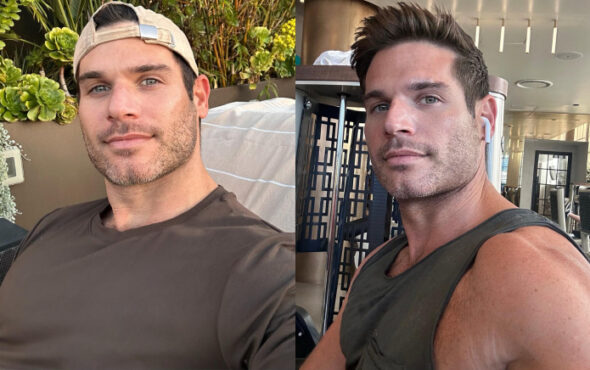
I used to spend a lot of time reading blogs about being transgender. One day in 2016 I was scrolling through one of these blogs when I came across a dire warning: “Don’t tell the gender clinic if you’re autistic. If they find out you’re autistic they can refuse to prescribe you hormones or even discharge you.”
Being autistic means being on a different wavelength to everyone around you. It can be difficult and disabling at times but with the right environment and support, autistic people are able to thrive.
I was diagnosed as autistic at the age of 12. This came as a surprise to some people in my life but to me it made sense. I was different to other kids, always being made fun of for being weird and strange. Being a “normal” girl always felt like playing pretend. My diagnosis gave me an explanation for the way I was.
That wasn’t the end of the story though. Even with the knowledge that I was autistic, I continued to feel like I was playing a role and trying to be someone I wasn’t. I distinctly remember one occasion when I’d dressed up in a nice dress, I looked in the mirror and thought, ‘Wow, I almost look like a real girl.’ When I was a teenager I discovered the words to describe what I was experiencing.
I had seen transgender people on TV before but they always seemed like a theoretical concept to me. I knew what a transgender person was but I never knew what it meant to be transgender.
At 16 a friend of mine came out as non-binary. They described their experiences with gender dysphoria to me and it just clicked. It felt like my life was a jigsaw puzzle and someone had just handed me the missing piece. I began thinking about my gender and learning more about what being transgender was. I started calling myself non-binary before eventually coming out as a trans man at 19.
When I was questioning, I started learning more about transgender people online. I read blogs and found other people’s stories of transitioning. One story came up a few times: “They found out I was autistic and they discharged me. I felt like I had to hide my autism. They said I was just confused because of my autism.”

Autistic people are often seen as less intelligent and less able than our allistic (that is non-autistic) peers. We are treated like young children who cannot possibly know ourselves. This applies especially to autistic people who are members of the LGBTQ+ community.
Perhaps autistic people are more likely to identify as LGBTQ+ because we pay more attention to ourselves and are more likely to question social norms? Acting like we’re too innocent to know what being LGBTQ+ is or claiming autistic trans men are just “confused” is infantilising, condescending and insulting to autistic people. We are just as competent and able to understand ourselves as allistic people – treating us like young children denies our basic autonomy.
Worse still, it isn’t just anti-trans campaigners who think this way. Many people who don’t understand autistic people are concerned about us being allowed to transition and some medical professionals will deny autistic trans people gender-affirming care because we are autistic.
This myth has done and is doing real harm to autistic people in the present. Some of the people perpetuating it may be genuine in their concerns but the result is the same. Autistic people are denied basic healthcare and autonomy because society treats them differently for their disability.
From the people I’ve met, I’d say the average autistic trans person has a much better understanding of gender identity and transition than an allistic cisgender person because we’ve thought about it so much already.
I am an autistic transgender man. I am confused about why I am expected to make eye contact, what the purpose of small talk is and why anyone thought fluorescent lights were a good idea. I’m not confused about my gender identity. I know who I am.
Ryan is a volunteer ambassador with Just Like Us, the LGBT+ young people’s charity – sign up now to volunteer.


